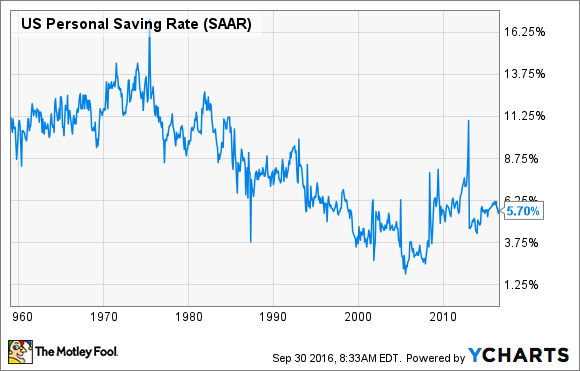– Benefits for the borrower: The borrower can payday loans Sandy Hook use the collateral to obtain financing that may not be available or affordable otherwise. highest financing number, and longer repayment periods. The borrower can also retain the ownership and use of the collateral, as long as the loan obligations are met.
– Threats into debtor: The new debtor face the risk of dropping new security when your loan personal debt aren’t found. The fresh borrower including faces the risk of having the amount borrowed and words modified according to the alterations in the brand new guarantee really worth and gratification. New debtor including confronts the risk of acquiring the collateral topic on the lender’s handle and you will inspection, which could limit the borrower’s flexibility and you will privacy.
– Benefits for the lender: The lender can use the collateral to secure the loan and reduce the credit risk. The lender can also use the collateral to recover the loan amount and costs in case of default. The lender can also use the collateral to monitor and influence the borrower’s operations and performance, which may help the loan quality and profitability.
– Dangers towards lender: The lending company faces the possibility of obtaining collateral beat its worthy of otherwise quality due to ages, theft, otherwise scam. The financial institution plus faces the risk of getting the security be inaccessible otherwise unenforceable on account of court, regulating, otherwise contractual products. The lending company along with face the risk of obtaining the security incur additional will cost you and debts because of repairs, storage, insurance rates, fees, otherwise lawsuits.
Insights Equity into the Advantage Dependent Lending – Advantage created lending infographic: Ideas on how to picture and you may comprehend the key facts and you may rates from house situated lending
5.Information Collateral Conditions [Brand spanking new Site]

One of the most important aspects of asset based lending is understanding the collateral requirements. Collateral is the assets that you pledge to secure the loan, such as accounts receivable, inventory, equipment, or real estate. The lender will evaluate the quality and value of your collateral and determine how much they are willing to lend you based on a certain percentage of the collateral’s appraised value. This percentage is called the advance rate. The higher the advance rate, the more money you can borrow. However, the collateral requirements also come with certain conditions and restrictions that you need to be aware of and comply with. In this section, we will discuss the adopting the topics associated to collateral requirements:
step one. How bank inspections and audits their guarantee. The financial institution will demand you to provide typical records for the standing and gratification of the equity, like ageing account, directory accounts, sales records, etc. The financial institution will also conduct occasional audits and you can inspections of one’s security to ensure the precision of your accounts and the position of property. The fresh volume and you can range of those audits can vary depending on the type and size of your loan, the standard of their collateral, in addition to level of risk on it. You are responsible for the expense of those audits, that vary from a couple of hundred to several thousand dollars for every review. You’ll also need certainly to cooperate to your bank and supply them with accessibility their guides, ideas, and premise within the audits.
The financial institution will use different ways and you may standards in order to well worth their collateral depending on the sort of house
2. How the lender values and adjusts your collateral. For example, accounts receivable ount, inventory may be valued based on the lower of cost or ent may be valued based on the forced liquidation value, and real estate may be valued based on the fair market value. The lender will also apply certain discounts and reserves to your collateral to account for potential losses, dilution, or depreciation. For example, the lender may exclude or reduce the value of accounts receivable that are past due, disputed, or from foreign customers, inventory that is obsolete, damaged, or slow-moving, equipment that is outdated, worn, or idle, and real estate that is encumbered, contaminated, or subject to zoning issues. The lender will adjust the value of your collateral periodically in accordance with the alterations in the business conditions, the performance of your business, and the results of the audits. These adjustments ount of money you can borrow or the availability of your loan.
